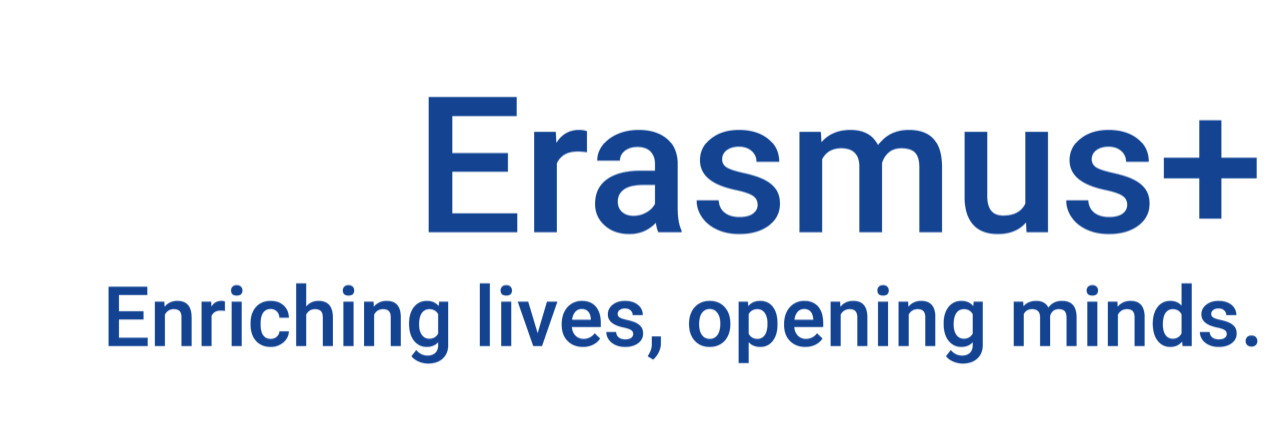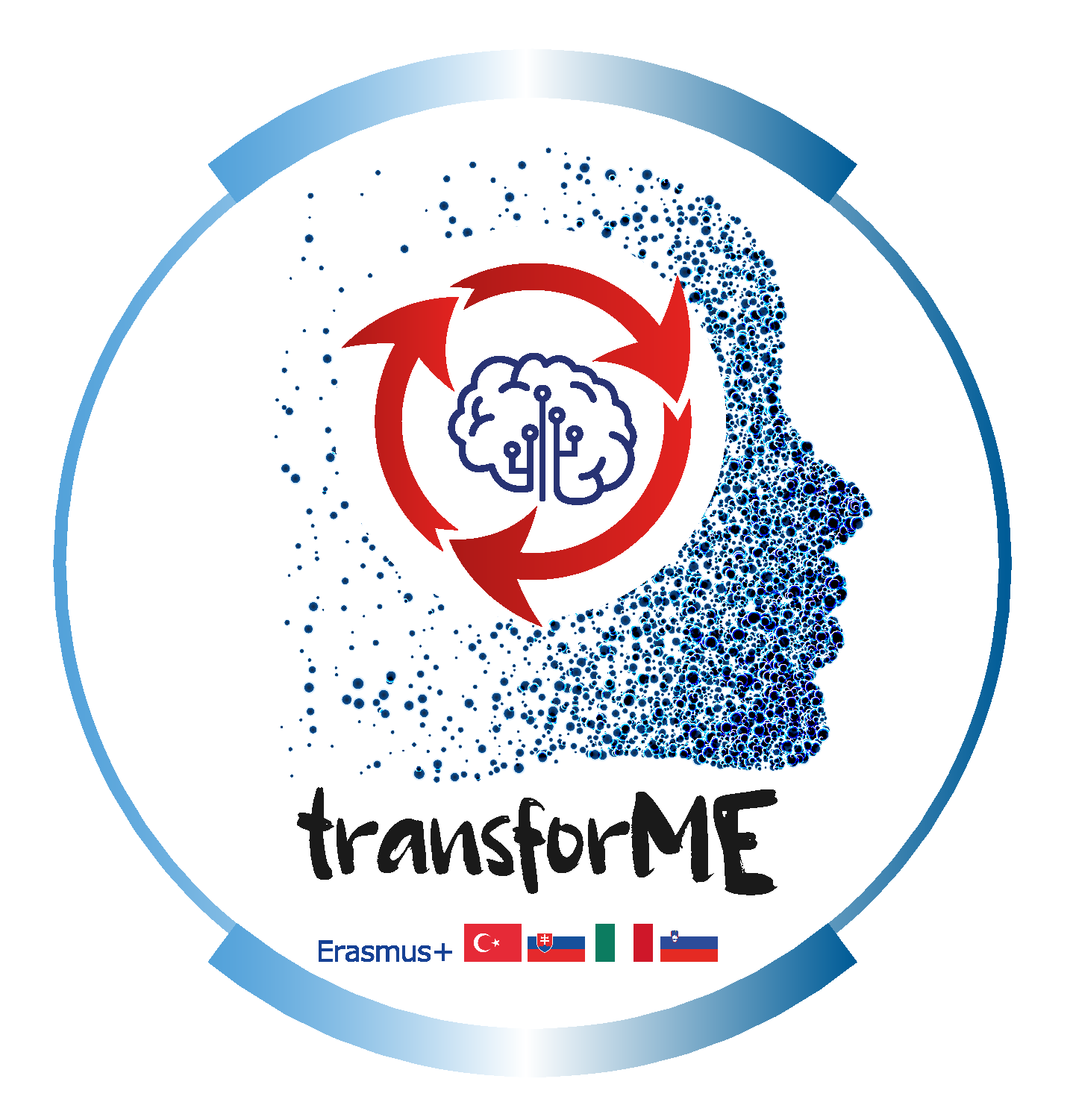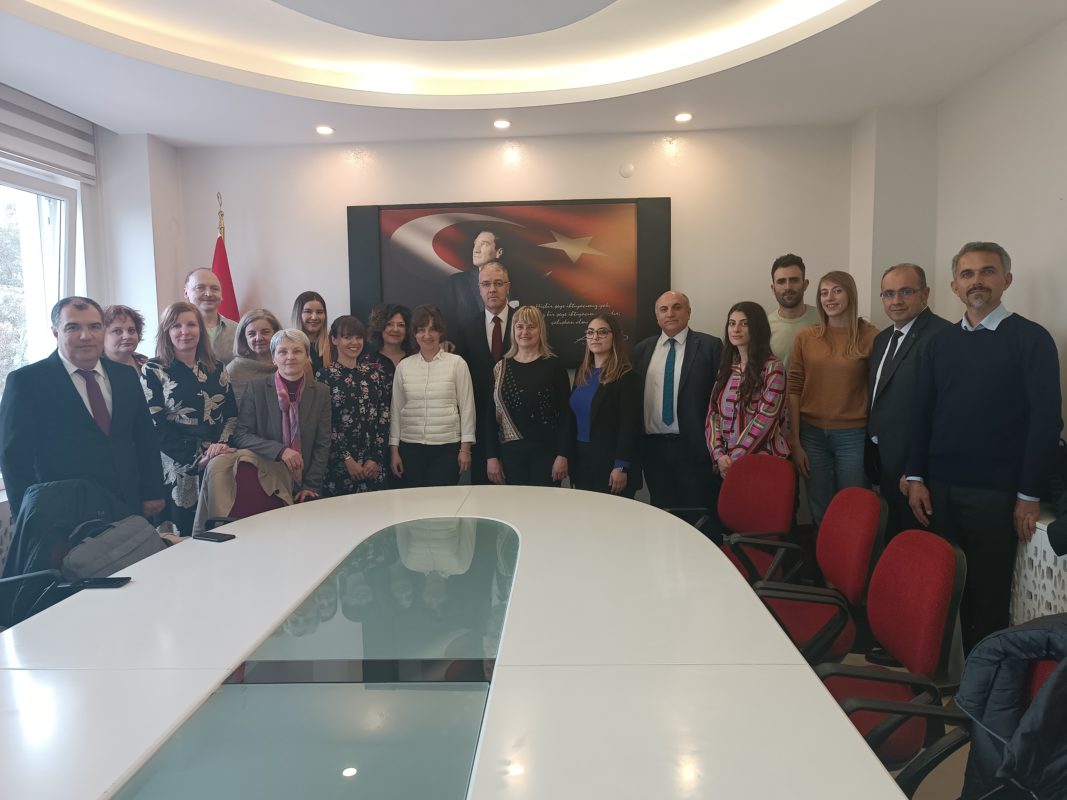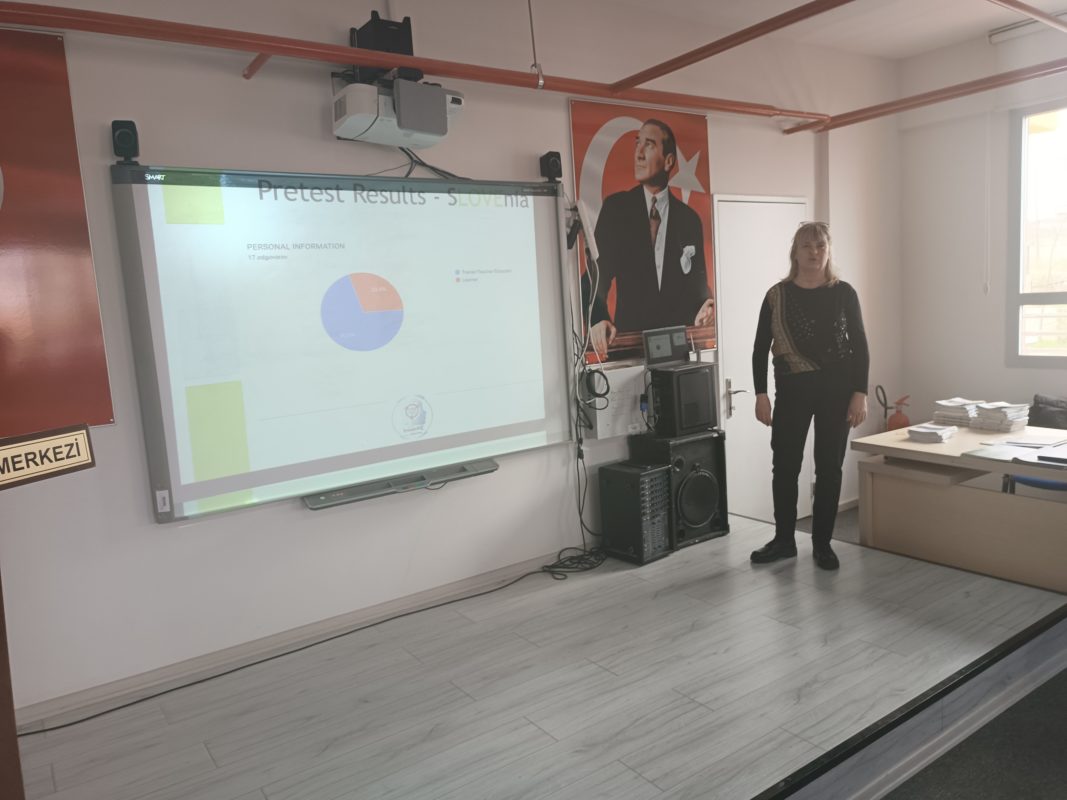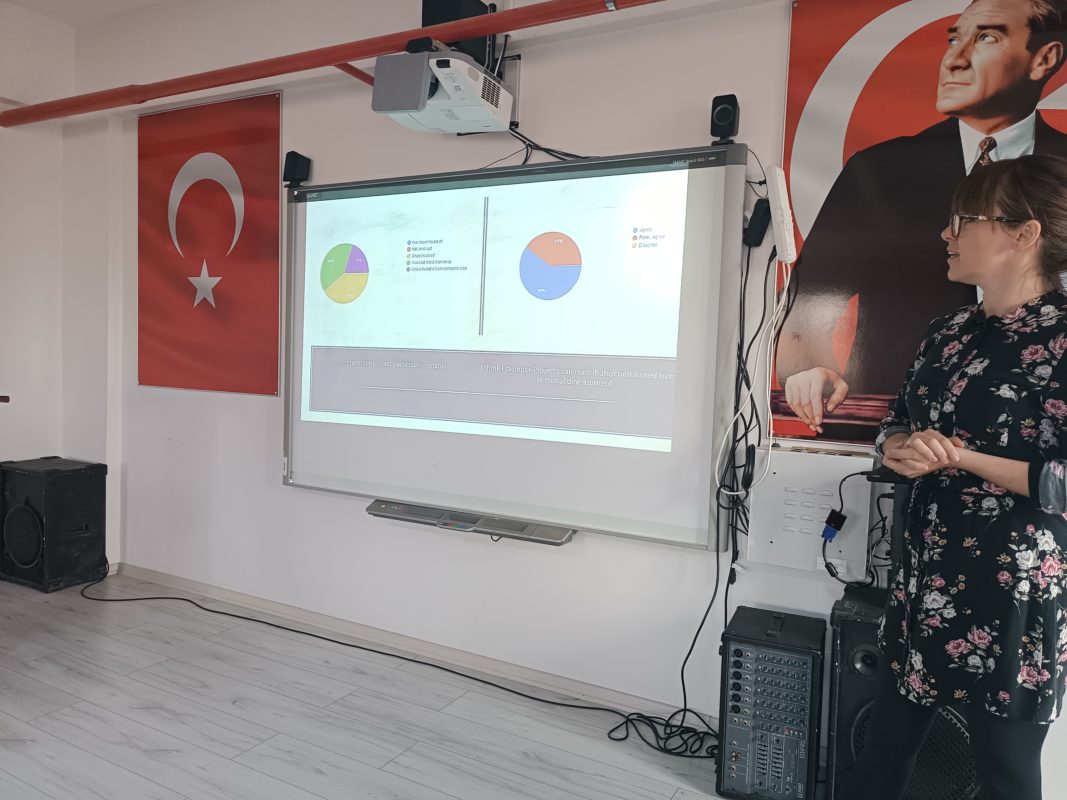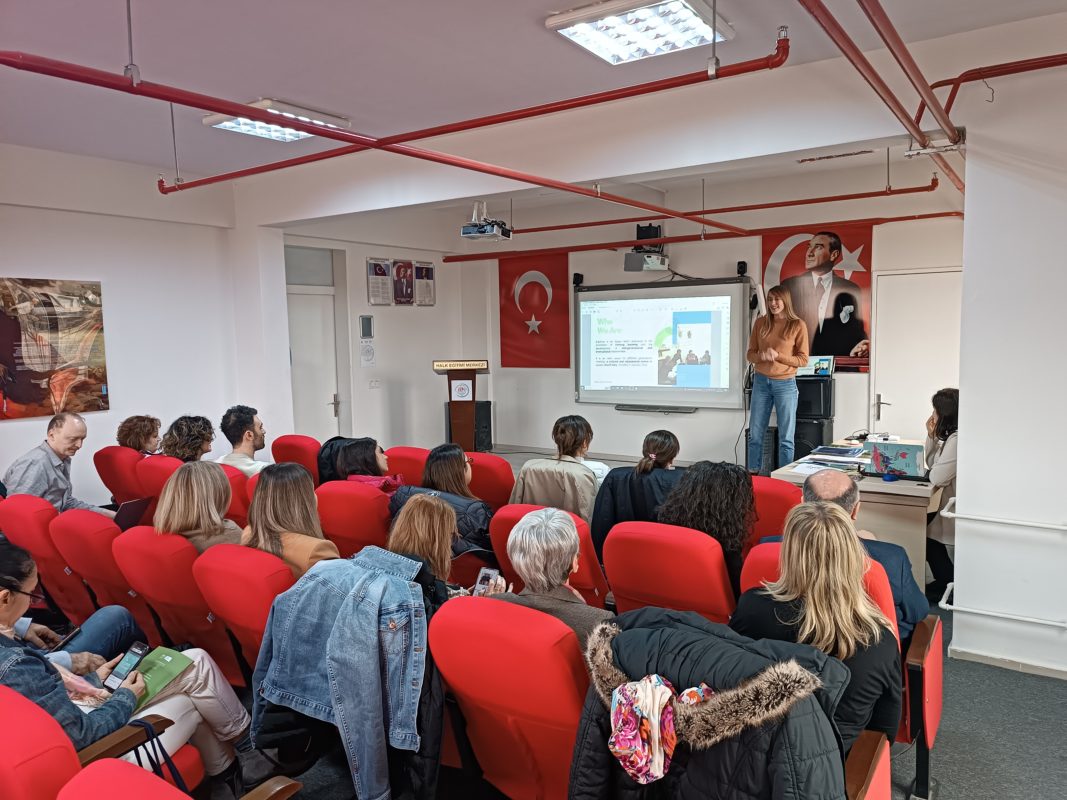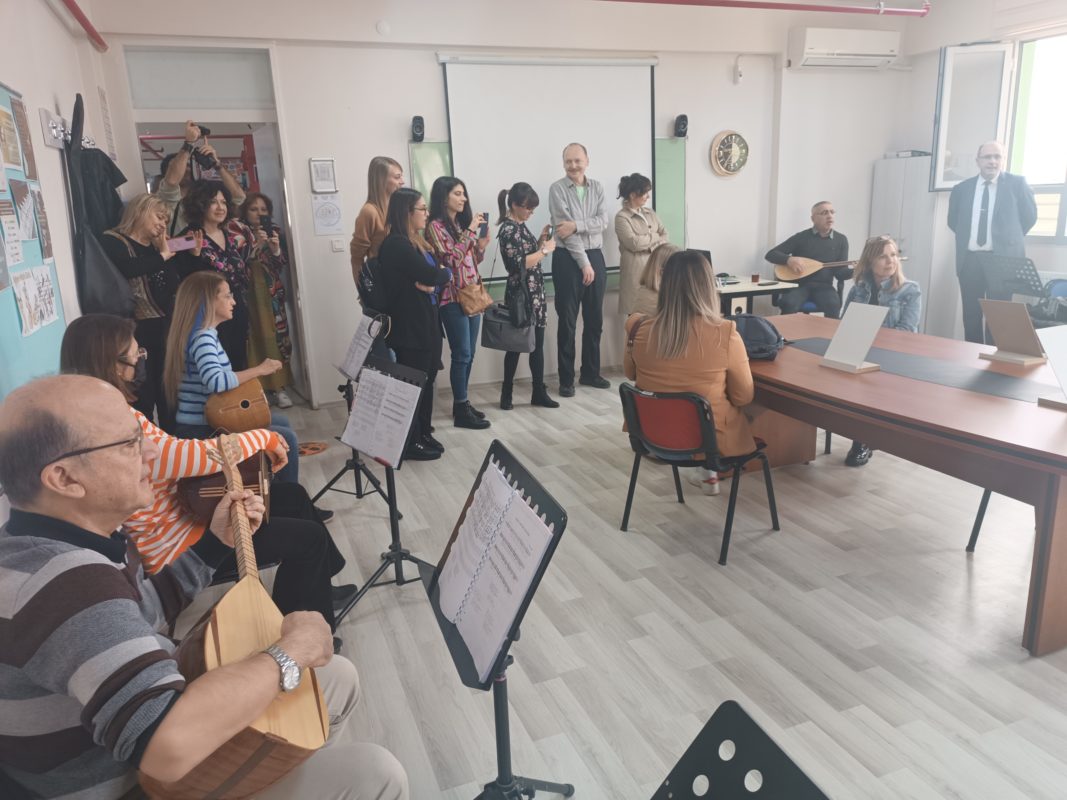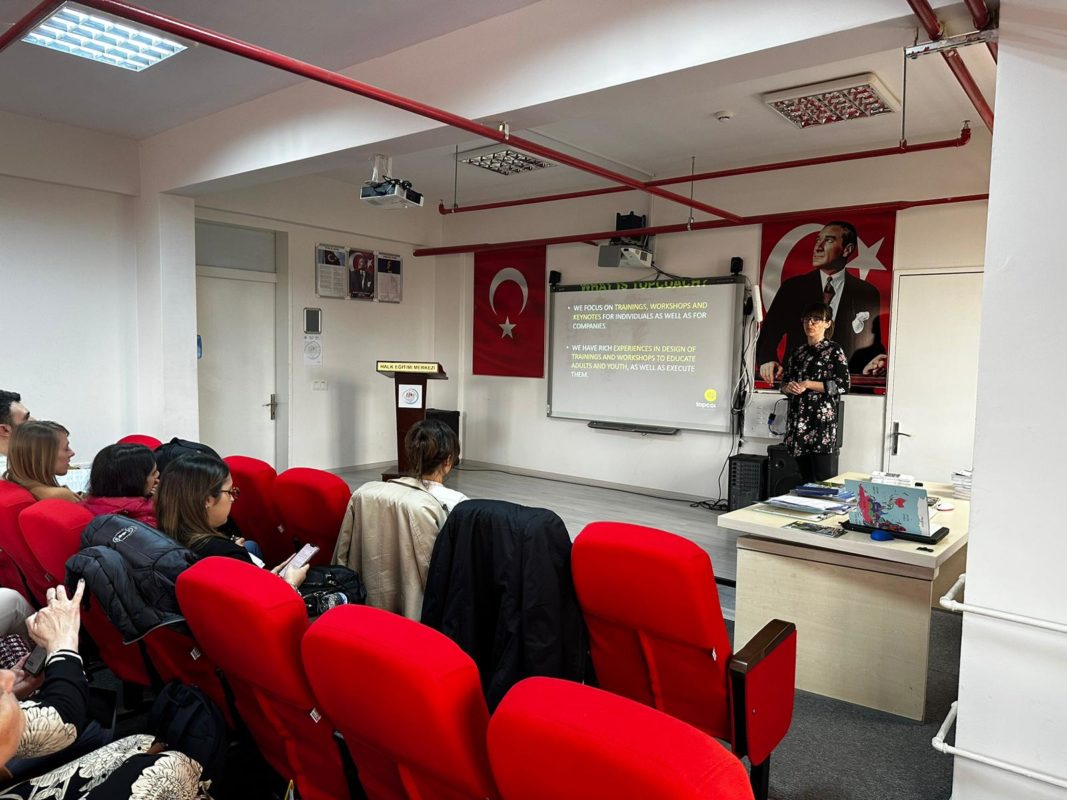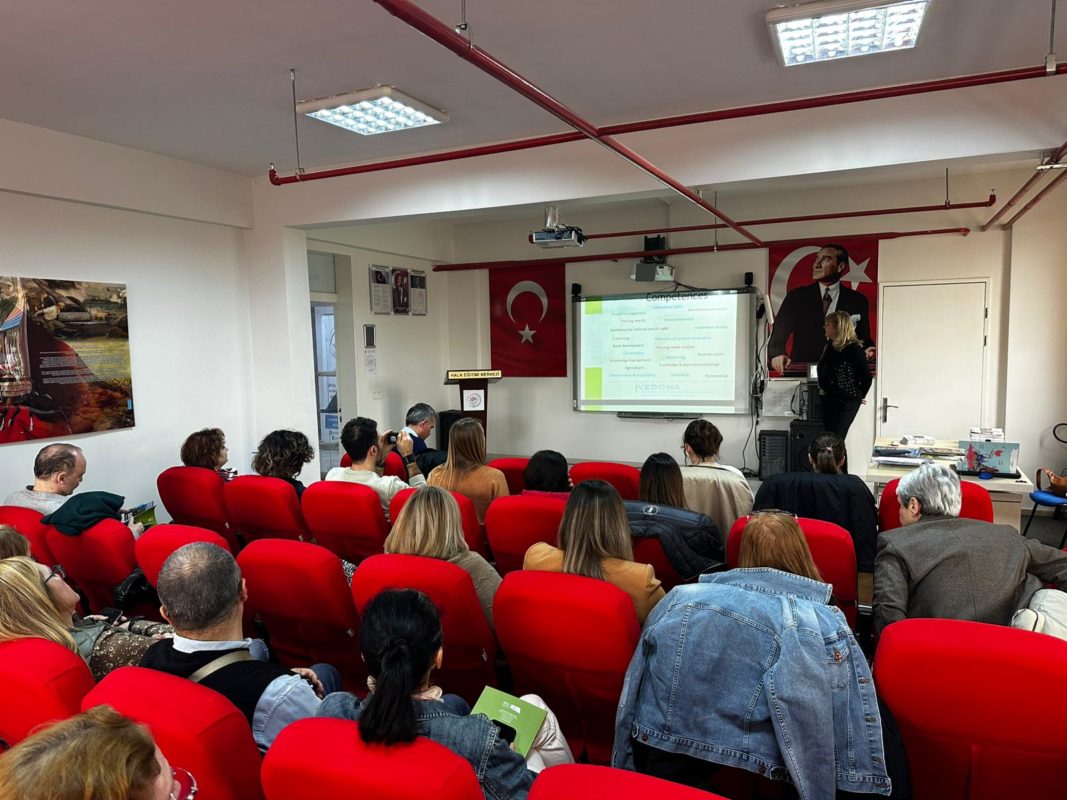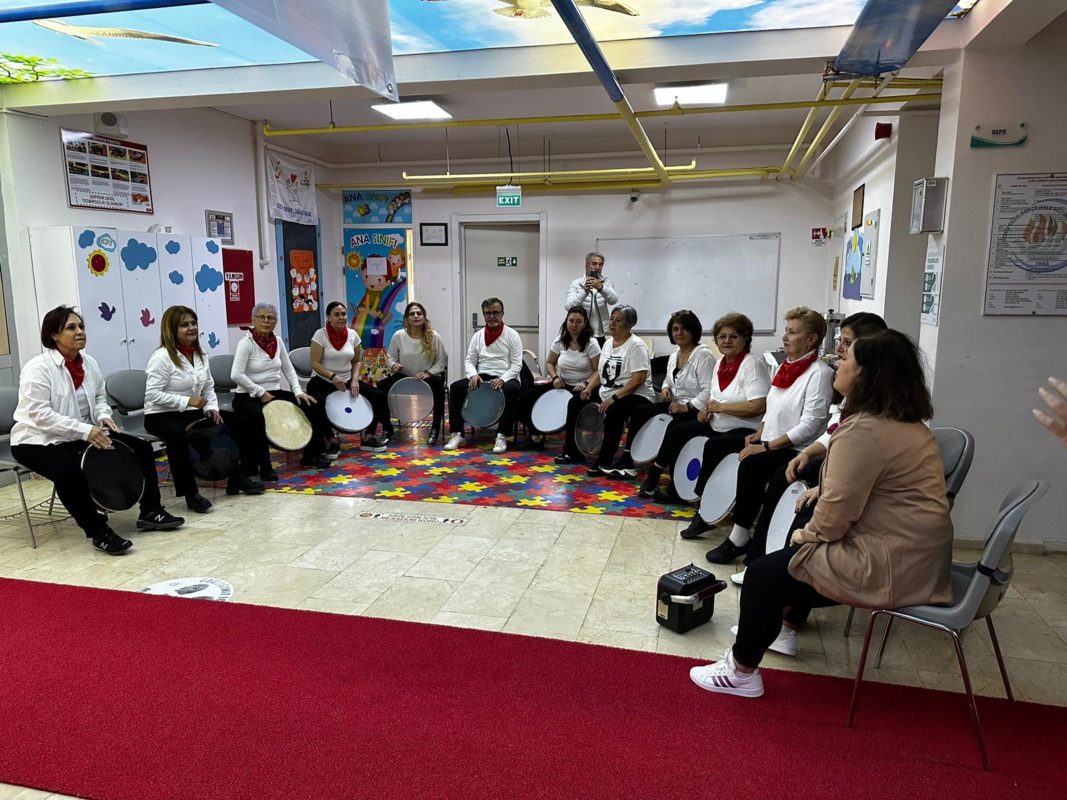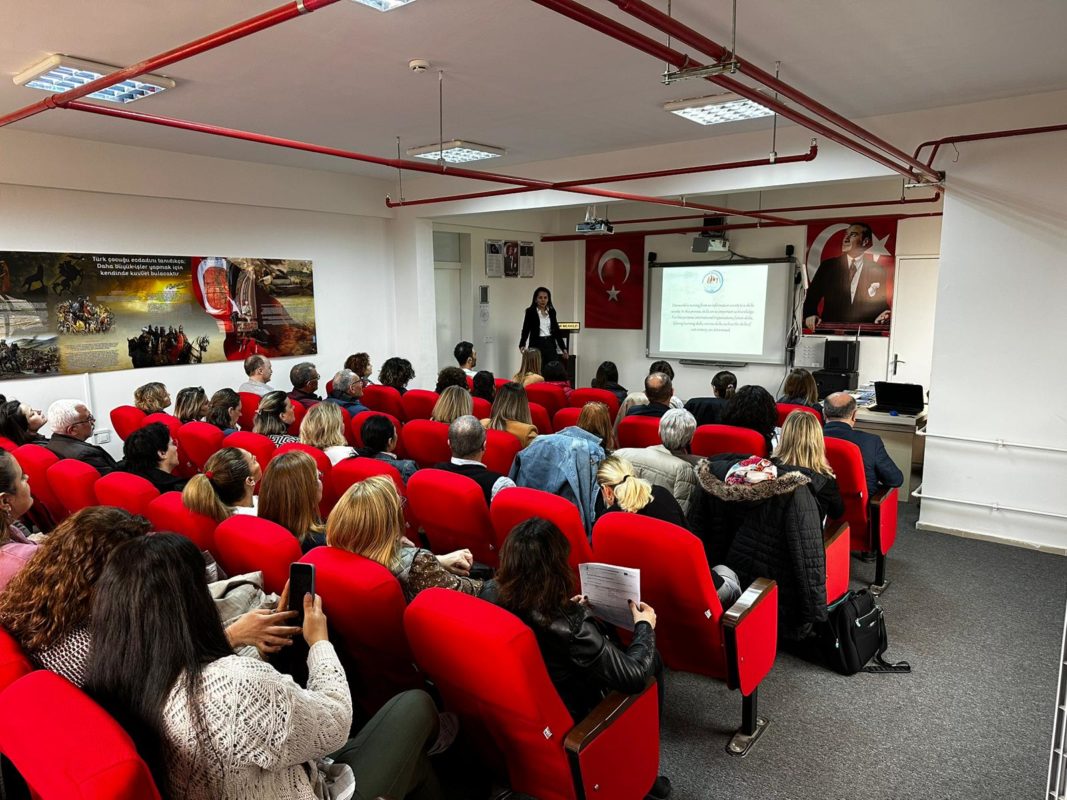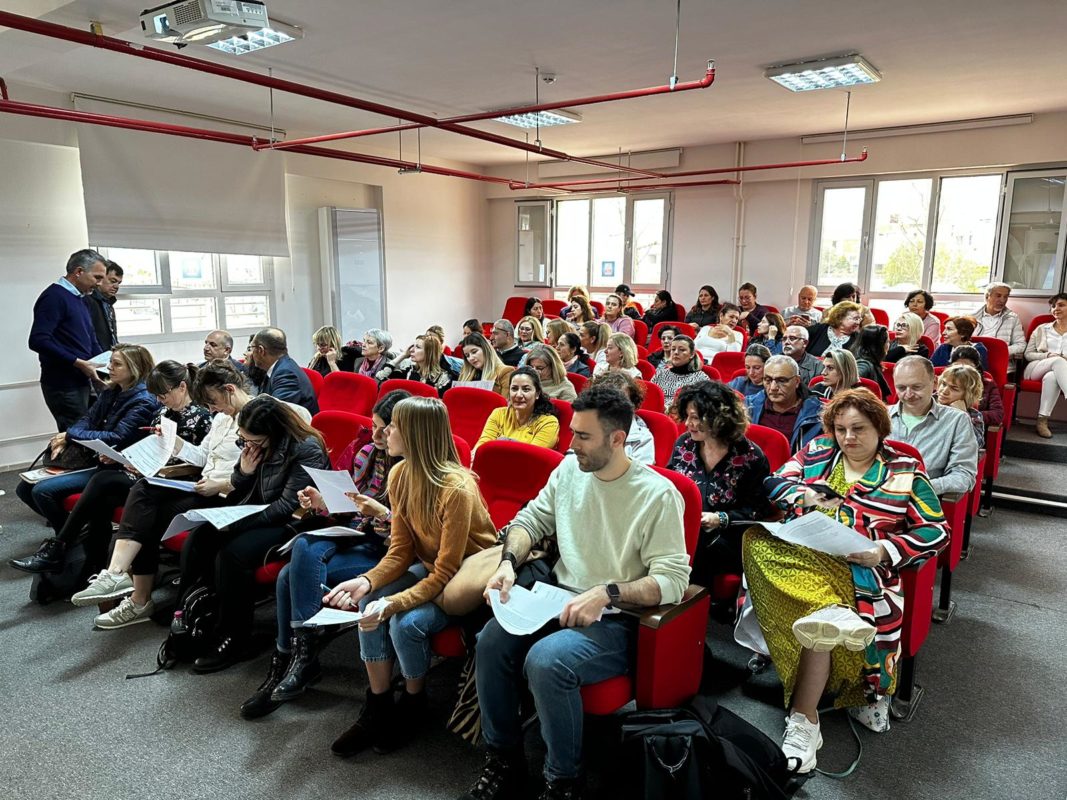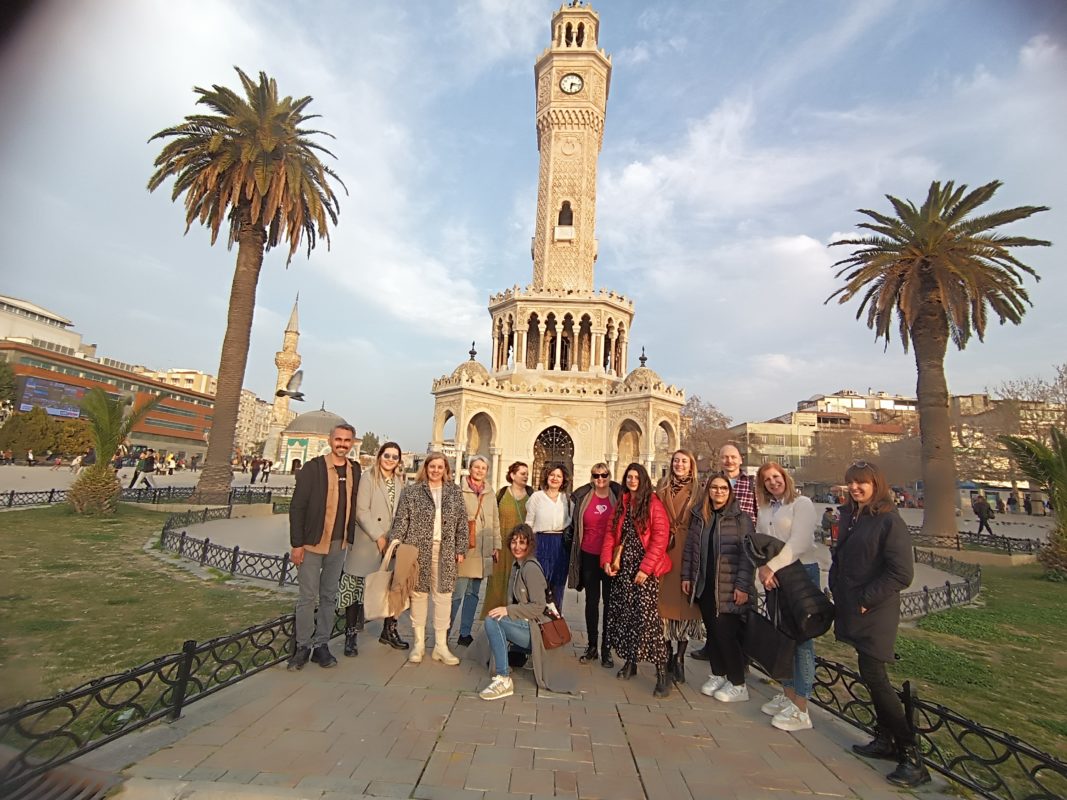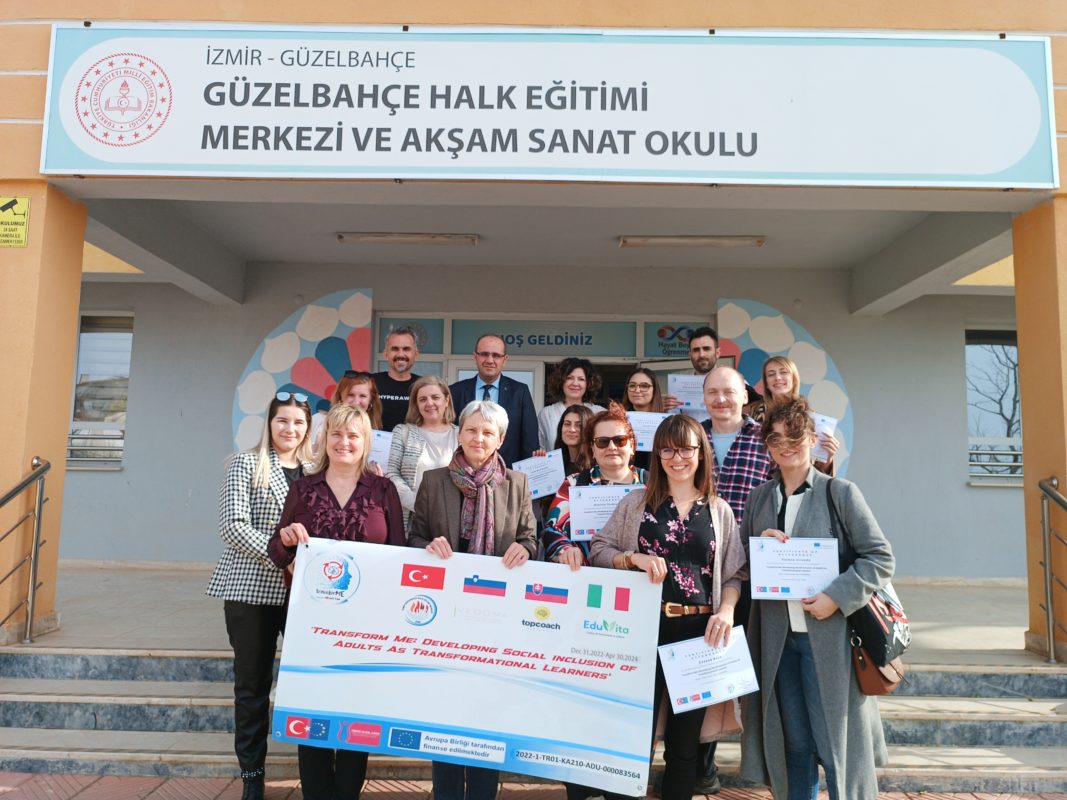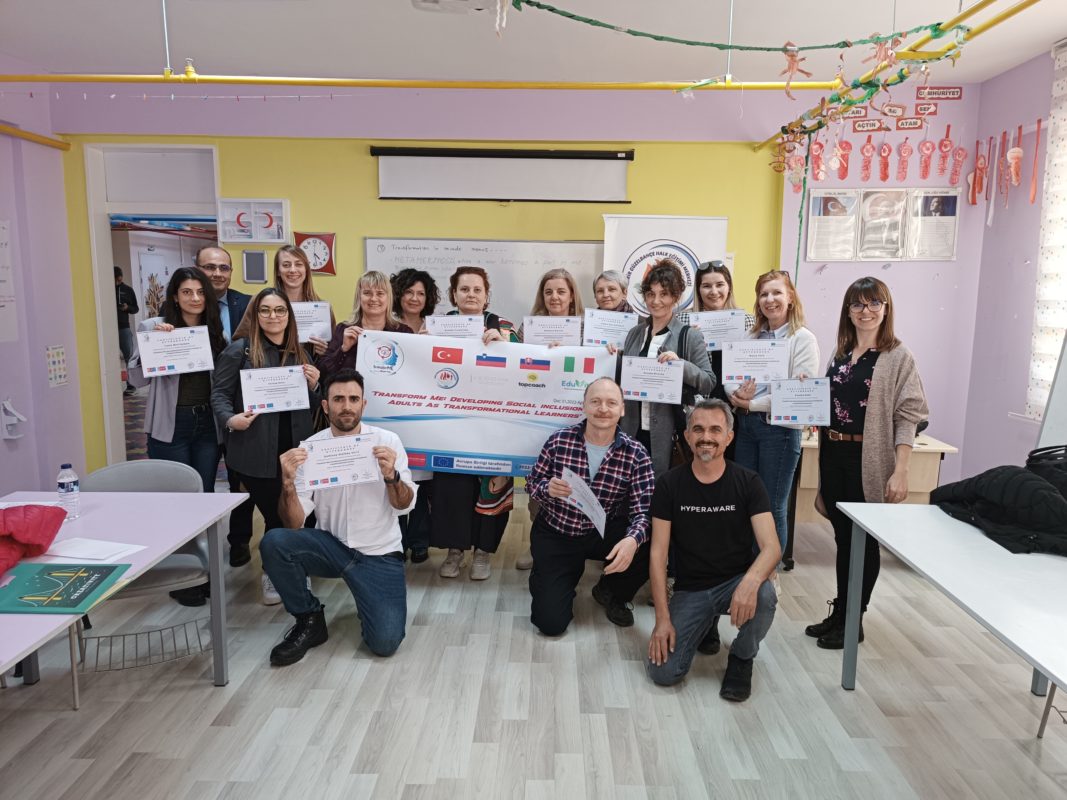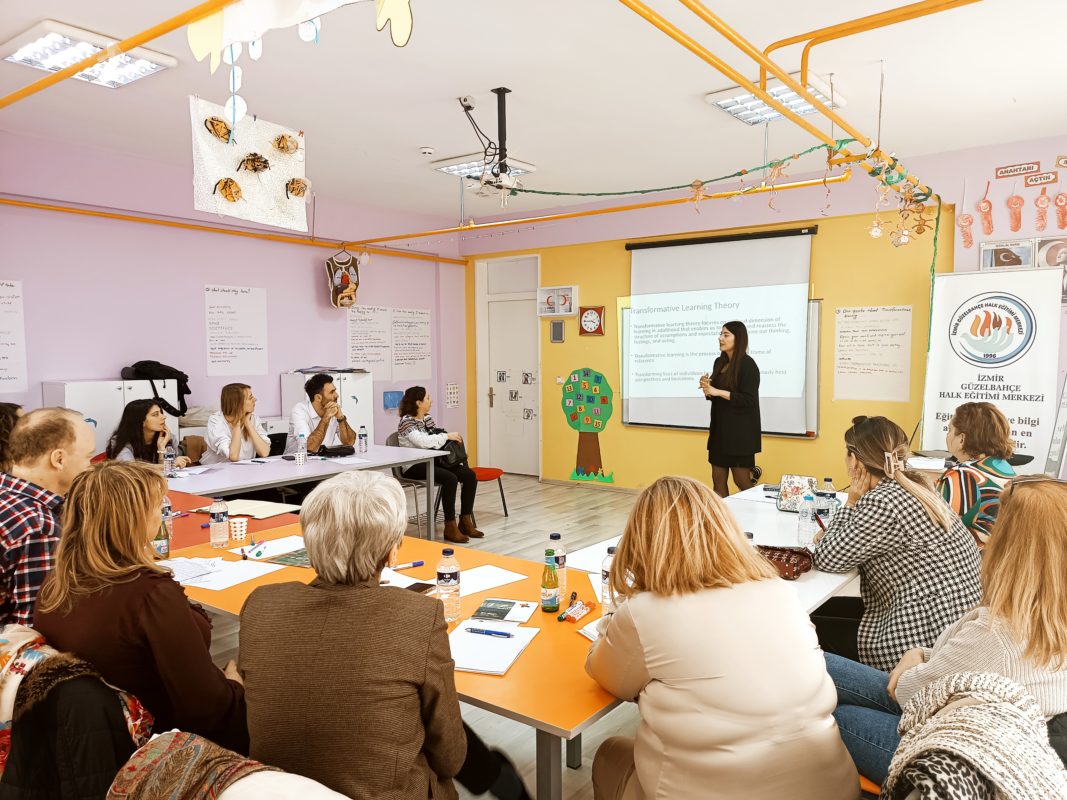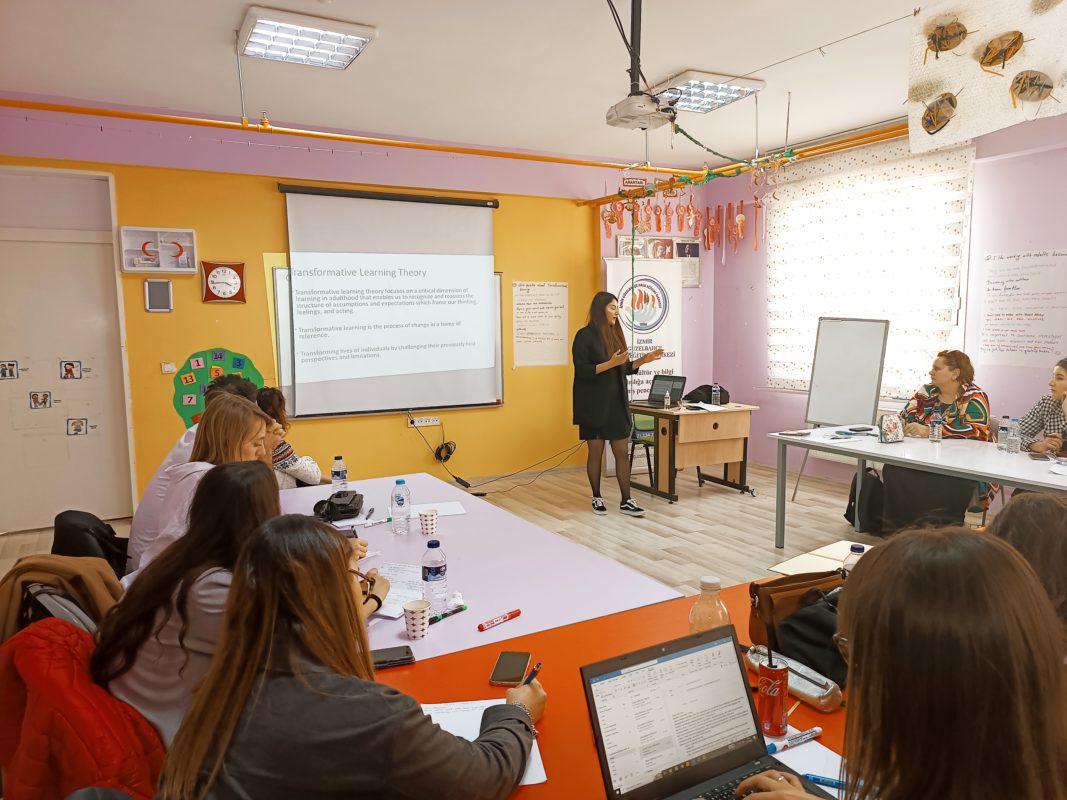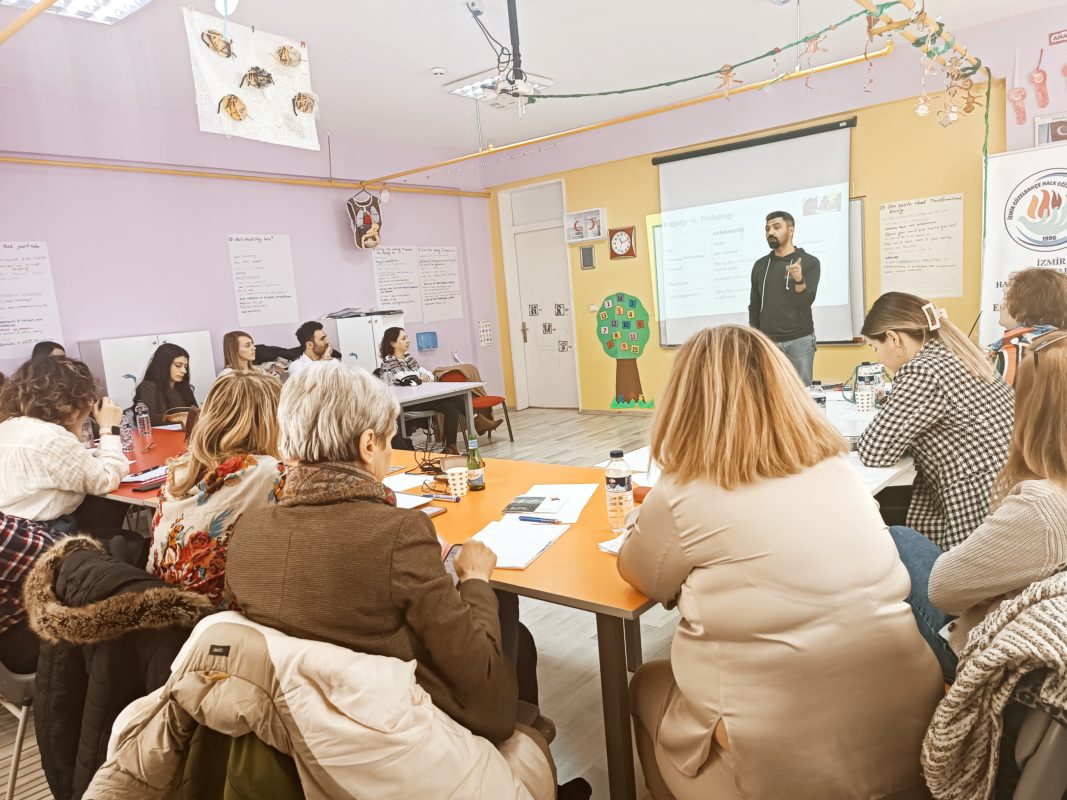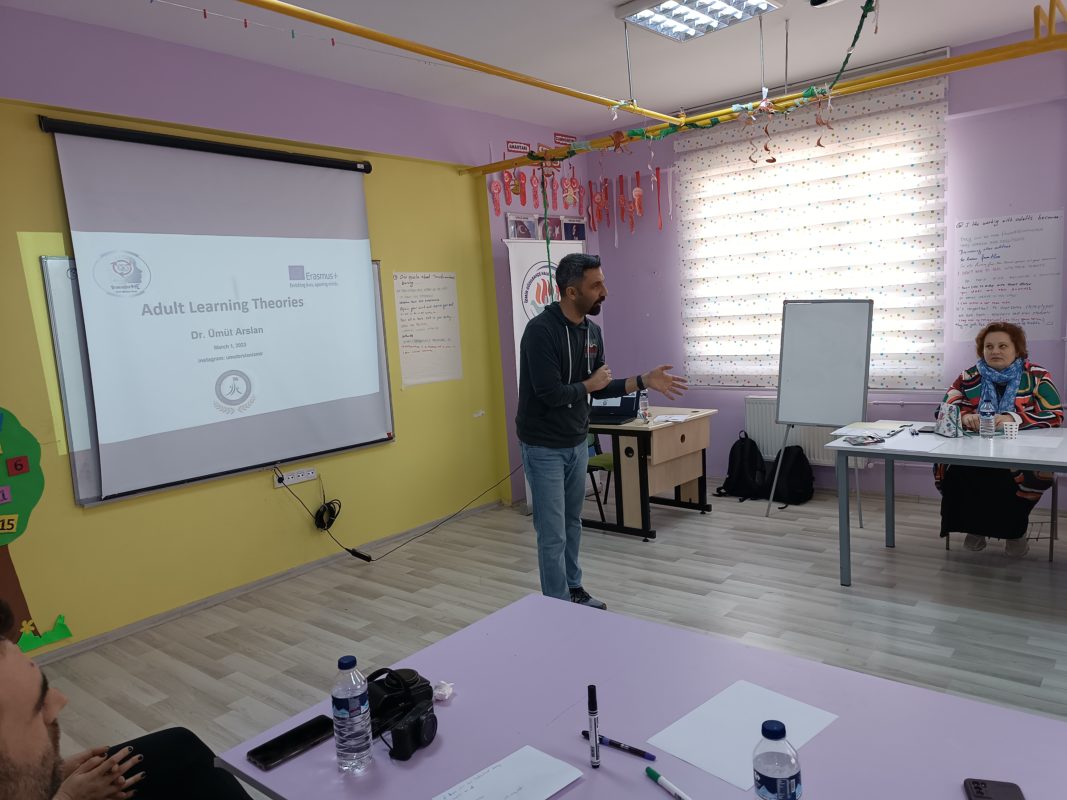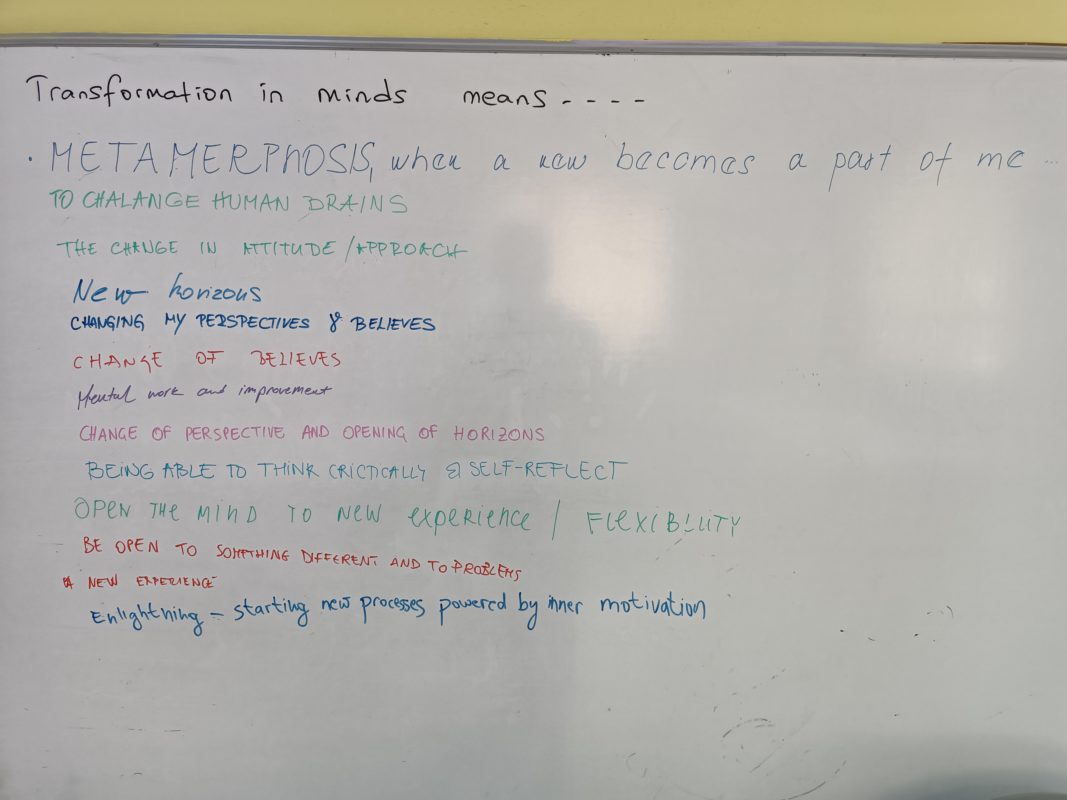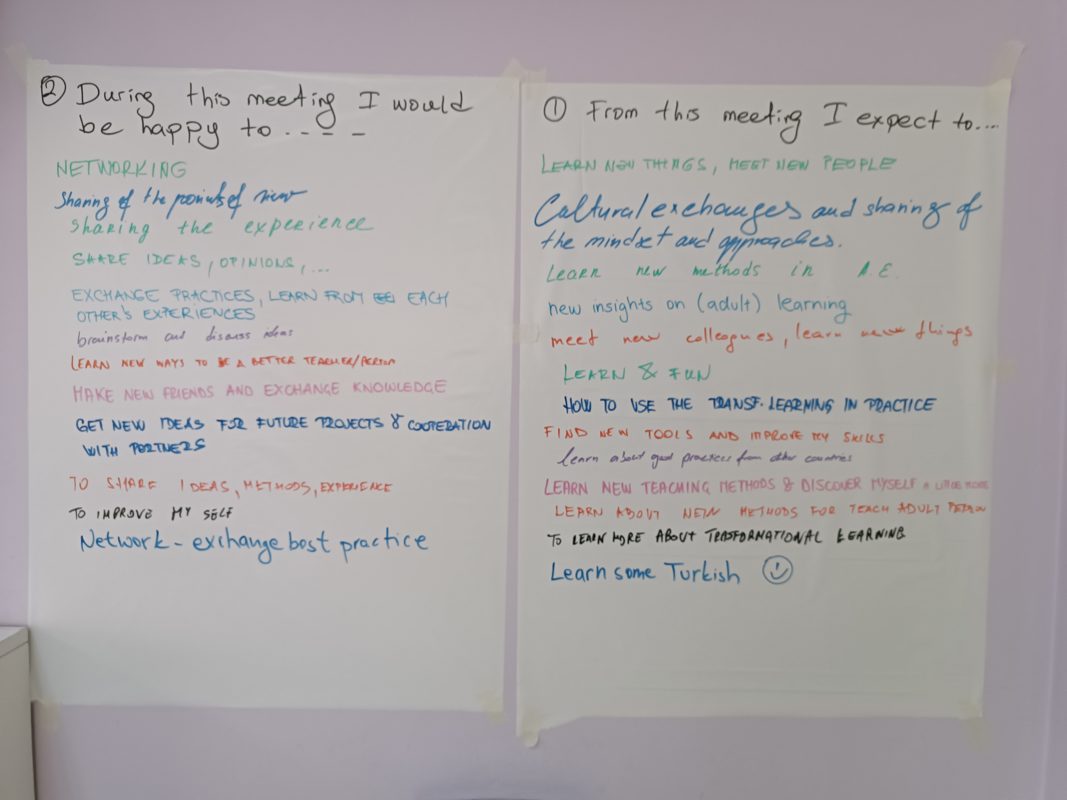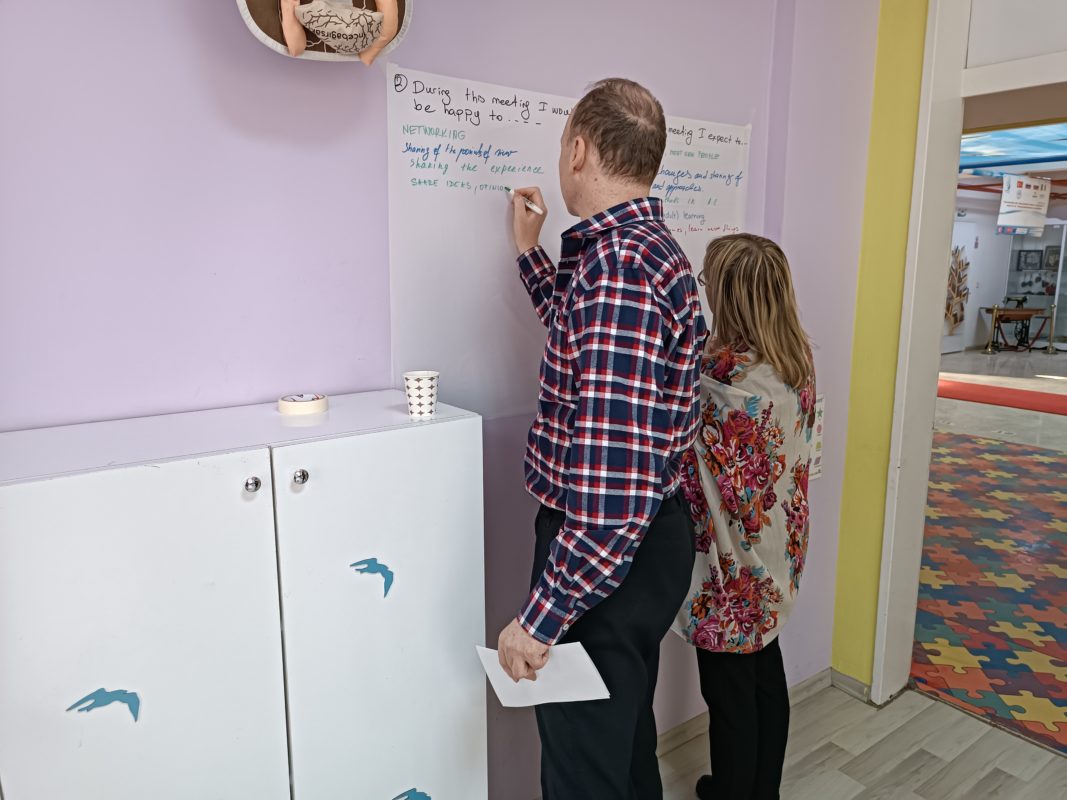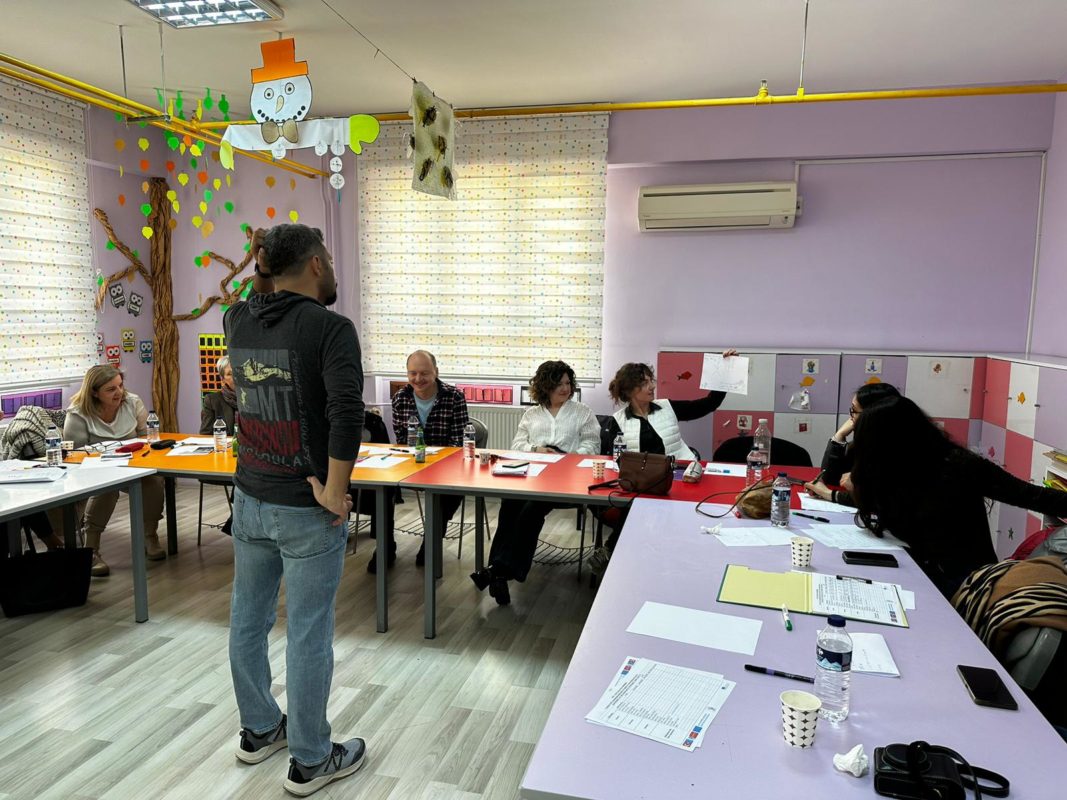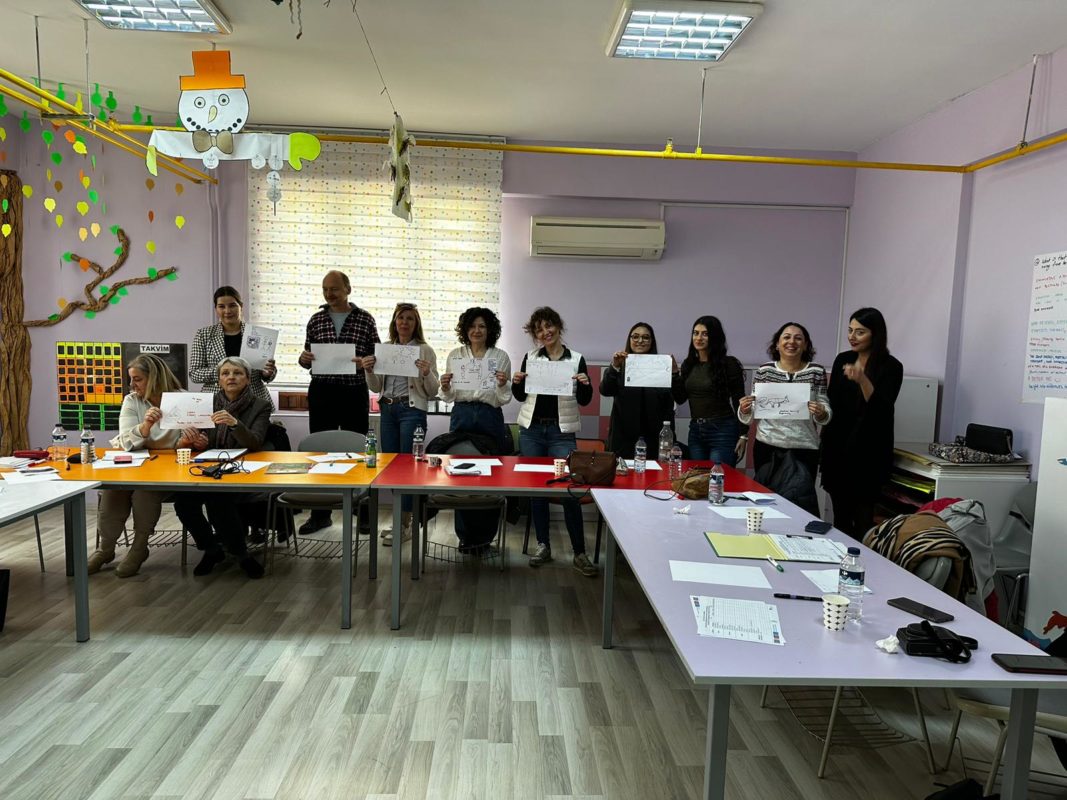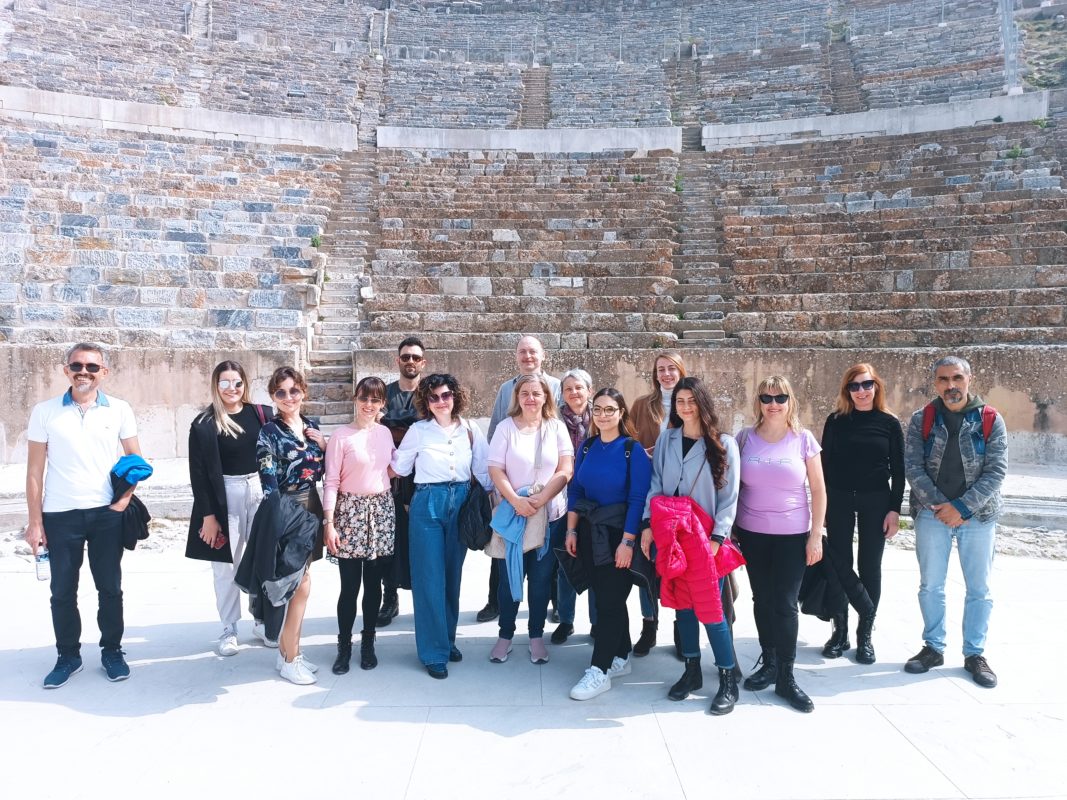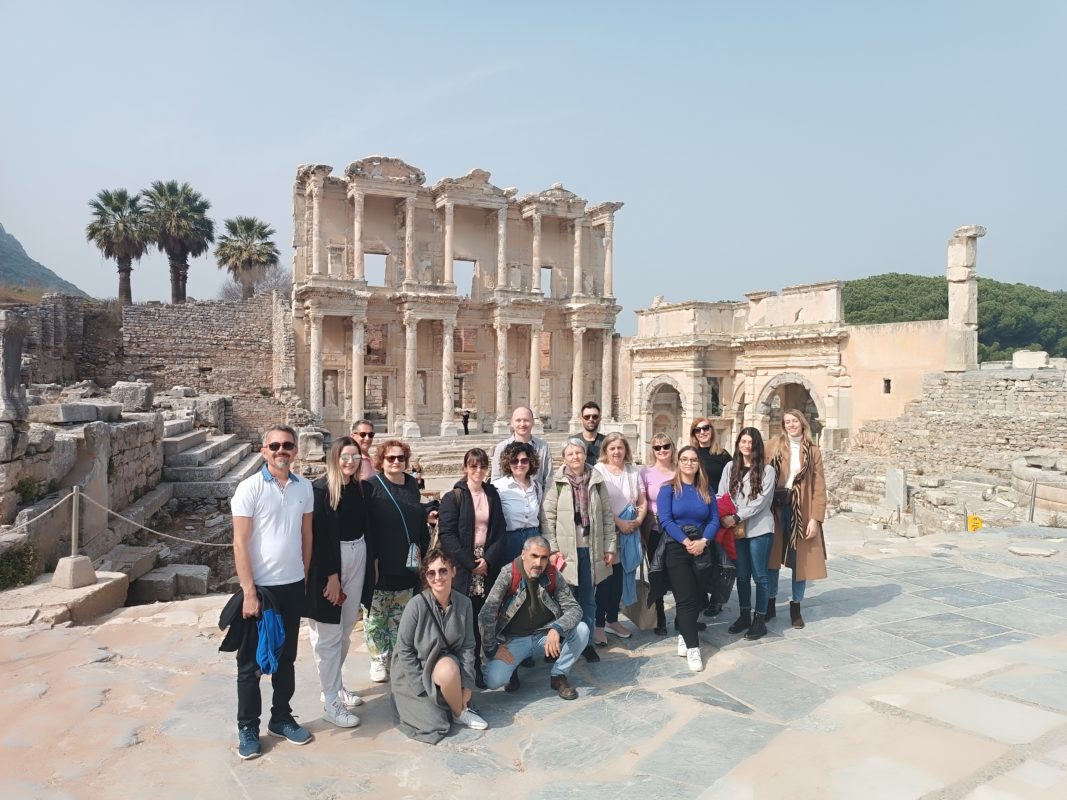First Transnational Project Meeting
FIRST TRANSNATIONAL PROJECT MEETING
The first transnational project meeting was held in Guzelbahce/Izmir between 27 February-3 March. It was not only a meeting but also a learning teaching training activity for educators, trainers, teachers or administrators from the partnering countries. Total 14 persons from partner organizations took part in the meeting and LTTA. There were also local participants from Guzelbahce Halk Egitim Merkezi who are adult learners and adult educators, our project expert from Turkish National Agency and the director of National Education of the town.
During the meeting all partner organizations presented their organizations to each other to get information about them. The project coordinator gave information and explained the objectives of the TransforMe project to be understood by all of the stakeholders. Before the meeting in Guzelbahce a digital pre-test questionnaire was applied to the learners and educators/trainers/administrators of the participating organizations. The pre-test questionnaire data were collected via Google Forms and analyzed. The findings obtained from the questionnaire were commented by every partner organization’s project contact person. The results and comments were shared with the participants and discussed. So the current situation was put forth to be able to compare with the final test at the end of the project. The first part of the pre-test questionnaire was to obtain information about Erasmus+ information. According to the results participants think that Erasmus+ can contribute to their personal development and majority of the participants agree that thanks to Erasmus+ projects the European Union Citizenship awareness will increase and they will have a positive impact on their lives. It is understood from the thoughts of participants that it will contribute to the development of education. Some of the given answers to open-ended questions prove these results: ‘I think it will support the development of a common further education approach, it will contribute to my profession, and it will be beneficial for development.’ In Part II there were questions about Adult Education and Transformational Learning for adult education staff. It is understood from the questionnaire that educators look for different methods of adult learning; the majority of the participants think that adult learning is different from that of children and teenagers. It is important for educators to apply different approaches, methods and techniques in teaching activities. Another result shows that adult learning staff should take training courses/seminars on adult learning. This will provide them better teaching and understanding for adults. We understand that most of the participants are not aware of adult learning theories. On the basis of Transformational Learning elements they partly know them like Andragogy, Self-Directed learning, Frames of Reference, Critical Reflection, Rational Discourse, Sharing experience, Perspective Transformation. They believe that with this project they will gain deep information and practices on adult learning specifically Transformational Learning. When we think of the results obtained, participants need attendance of learners, tools, different learning environments, and training of educators. In part III there were questions directed to the adult learners. The results show that adult education institutions have made positive contributions to their learning, adult education courses should offer more possibilities, the course instructor is active in their learning and provides a positive learning environment for them. They are aware of how to learn best, and look for different ways of learning. Most of the participants say that they haven’t experienced an event that deeply affected them and changed their perspective. There was an open ended question investigating their opinions on how the best learning takes place. They mentioned the experience, shared environment ,attendance, individual learning differences, dedication,etc.
Italian project partner EduVita created a booklet introducing the project, partnership and giving information about adult learning and Transformational Learning. It consists of 12 pages.The booklet has been prepared in five languages (English, Italian, Slovenian, Slovakian and Turkish). The printed booklets were introduced and distributed at the meeting.
Website content and design were discussed. The content of the project official website should include information about the project aims, expected results, activities, introduction of the partners, dissemination activities, photos and videos from the meetings and LTTAs, materials used during the meetings and Adult Learning and Transformational Learning Theory and practices pack. The partners have to provide the essential docs, information, pictures, videos to Slovakian partner TopCoach. TopCoach will publish them on the project website.
The Social Media accounts were created by TopCoach. It was discussed that the facebook account could be made community if it is possible so that every member (project participants) can share photos and information on it. Otherwise all partners have to send the media to TopCoach to be shared.
The learning sessions and classes were visited by the participants at the local adult education center which is also the coordinator organization of the project. The participants met the adult learners and educators and examined the learning sessions. It was an experience for them to compare the teaching and learning activities. The governor, mayor and education director of the town were visited at their offices and the participants got information about the town life, governance and education in the town.
LEARNING TEACHING TRAINING ACTIVITY
After discussing the expectations of the participants for learning, sharing was made about the teaching activities.
Two experts Assoc.Prof Umit Arslan and Dr.Mine Muyan Yılık from İzmir Demokrasi University were invited to teach Adult Learning Theories and Transformational Learning Theory and its practices.
Umüt Arslan started his presentation examining the participants' current thoughts on adult learning and instructional practices that can help them prepare for the material in the Adult Education Module. He went on instructing Andragogy and differences with Pedagogy. He put a definition of Andragogy and six principles of Adult Learning by Malcolm Knowles:
PRINCIPLE 1: Adult learning is often characterized by internal motivation and self-direction.
Instructor Strategies:
- Establish egalitarian relationships with adult students in which they can take ownership of their learning.
- Actively listen to student questions. Active listening requires full concentration, comprehension, and appropriate response.
- Try to determine how students learn best (e.g., by taking notes, drawing diagrams, or partner discussion), and then tailor learning activities reflecting student interests.
- Allow students to take over most of an activity, decreasing support as they gain confidence. This practice encourages adults to learn new things independently through their own research and efforts to build on their existing knowledge.
PRINCIPLE 2: The information adults have gained over a lifetime is useful to
instructors and useful to other students.
Instructor Strategies:
- Build on student interest in solving problems they have encountered in the past.
- Learn about the adult student’s life, work, and personal experiences, and use those past experiences to encourage problem solving and facilitate sharing with fellow students.
- Prompt learners to discuss their solutions out loud using them as a demonstration of analytical thinking.
- Use reflective teaching techniques to help adult learners discover and question their unconscious biases.
- Remember that adults tend to have self-concepts that are based on their past experiences, so they may be adept at self-management, motivation, and monitoring.
PRINCIPLE 3: Adults are goal oriented.
Instructor Strategies:
- Carefully consider why a learning activity is necessary for students. Adults learn and retain better when their learning has a strong WHY element.
- Present activities with learning experiences that kickstart learners’ natural problem-solving tendencies, preferably ones aligned with their personal, professional, and future desires.
- Ask questions that facilitate reflection, inquiry, and further research.
PRINCIPLE 4: Adults are relevancy oriented; adult students want to learn about the things they view as important.
Instructor Strategies:
- Understand what adult students value, and craft relevant learning activities.
- Help students at all levels build upon their previous knowledge.
- Ask students what they expect to learn in an activity. The instructor may need to adjust activities if students already know the concepts.
TransforME
“The European Commission support for the production of this publication does not constitute an endorsement of the contents which reflects the views only of the authors, and the Commission cannot be held responsible for any use which may be made of the information contained therein.”
